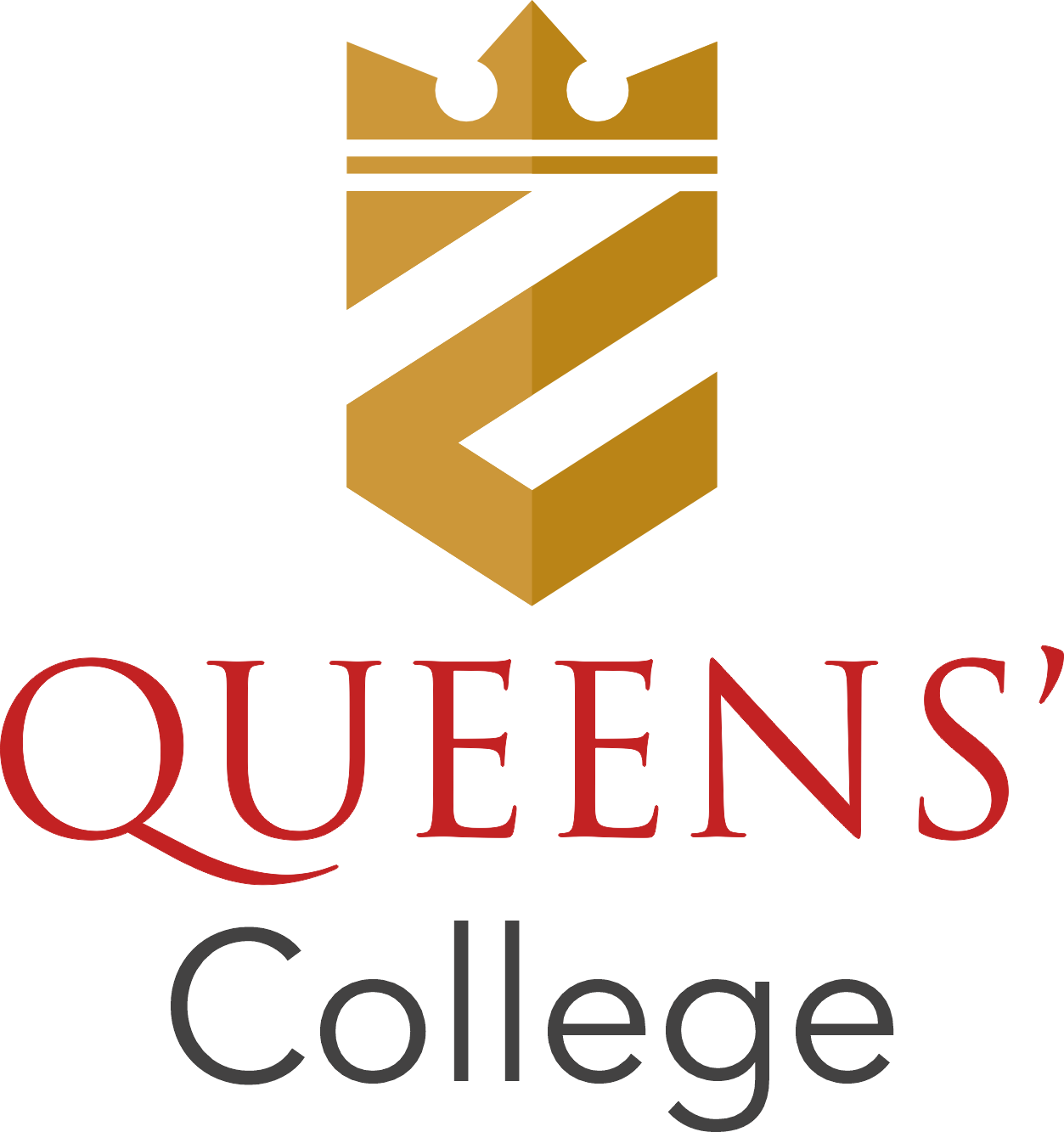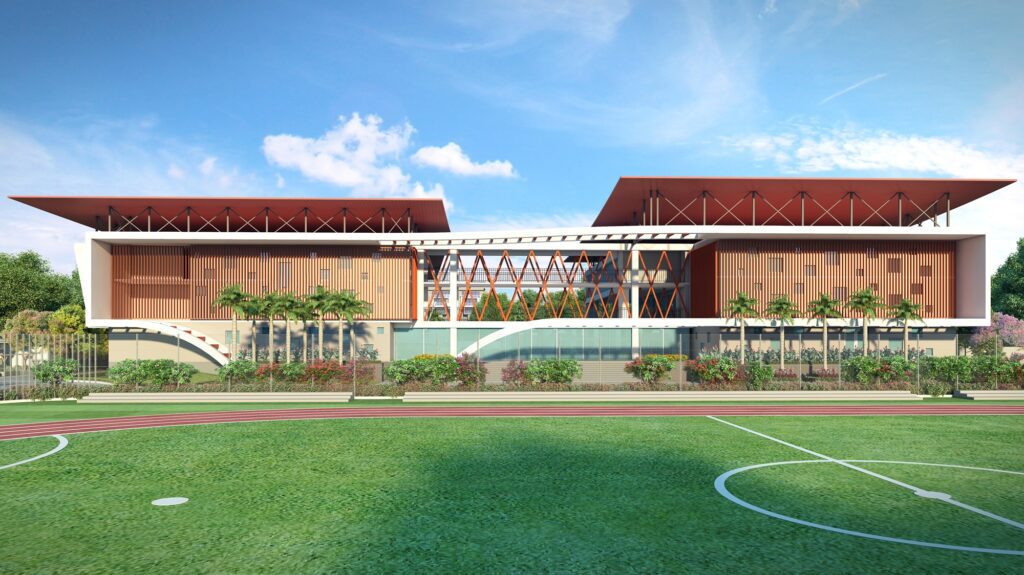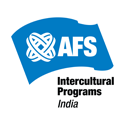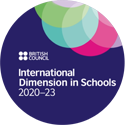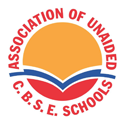Academic Groups
At Queens’ College, each academic group is designed to cater to the specific developmental needs of our students, preparing them for success in an ever-evolving world.
Academic Groups
Curriculum
Examination
Resources
Sel & Enrichment
Academic
Groups
Nursery to Grade 2
Grades 3 to 5
Grades 6 to 8
Grades 9 to 12
Our curriculum is thoughtfully designed in alignment with the principles of the National Education Policy (NEP) and the National Curriculum Framework (NCF), focusing on holistic development, experiential learning, and age-appropriate competencies. It encourages critical thinking, creativity, and values-based education, ensuring learners are prepared for real-life challenges while staying rooted in their cultural context.
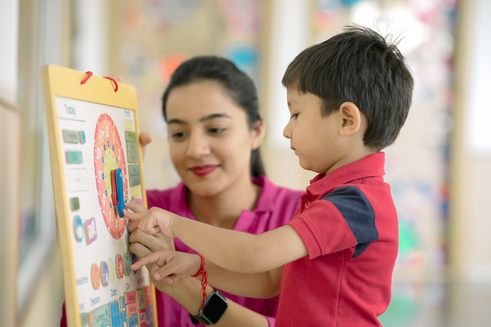
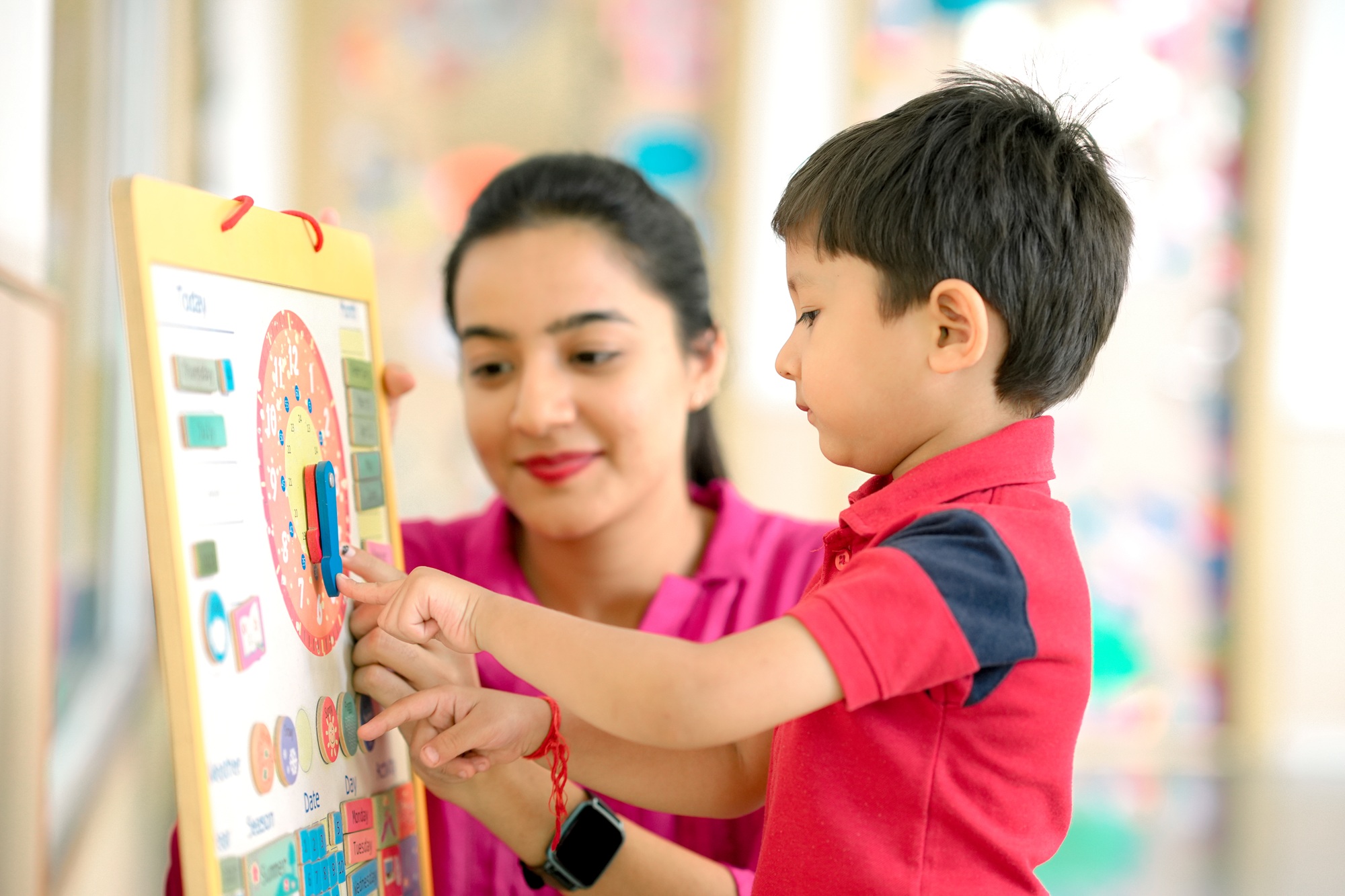
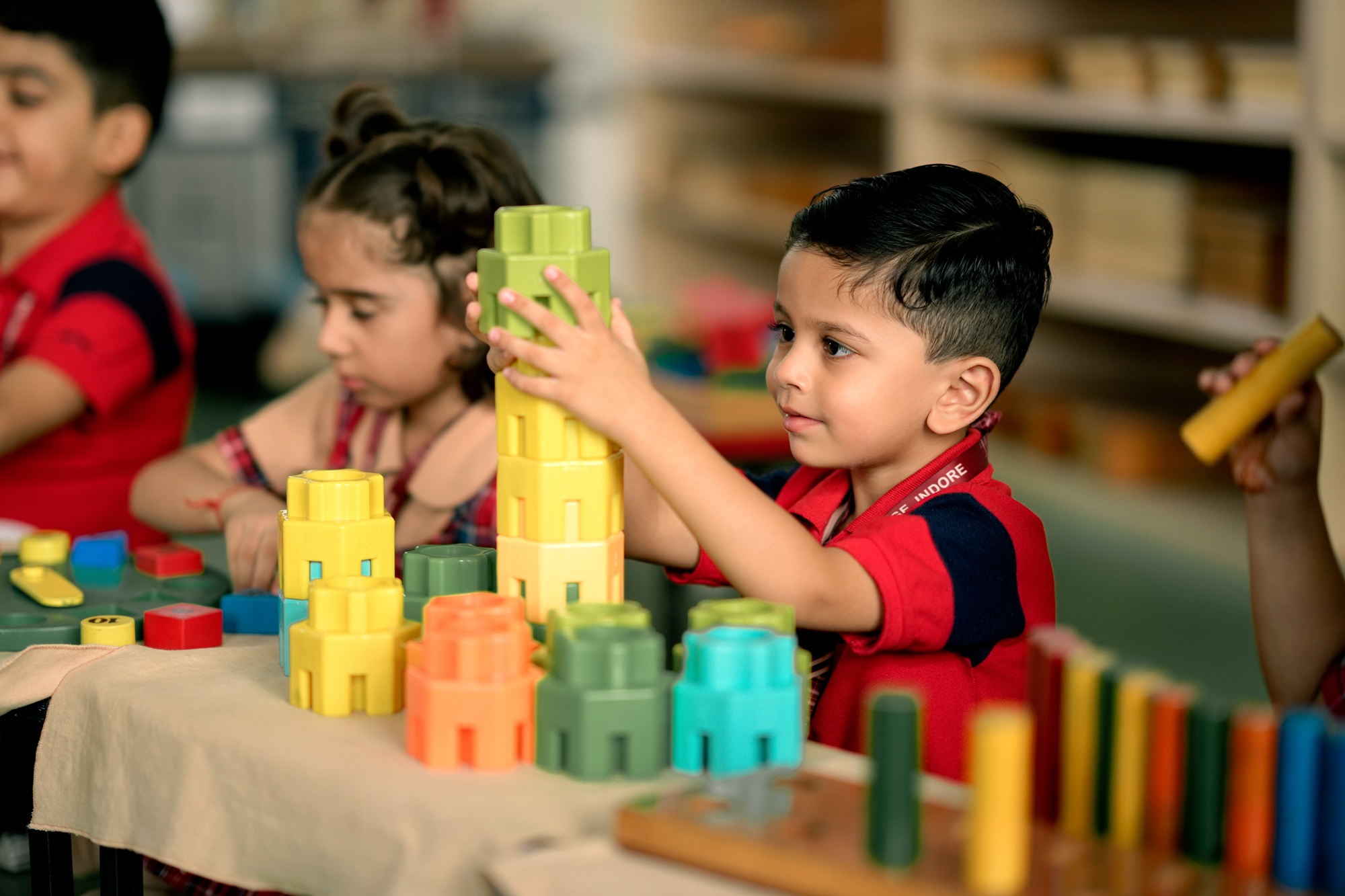
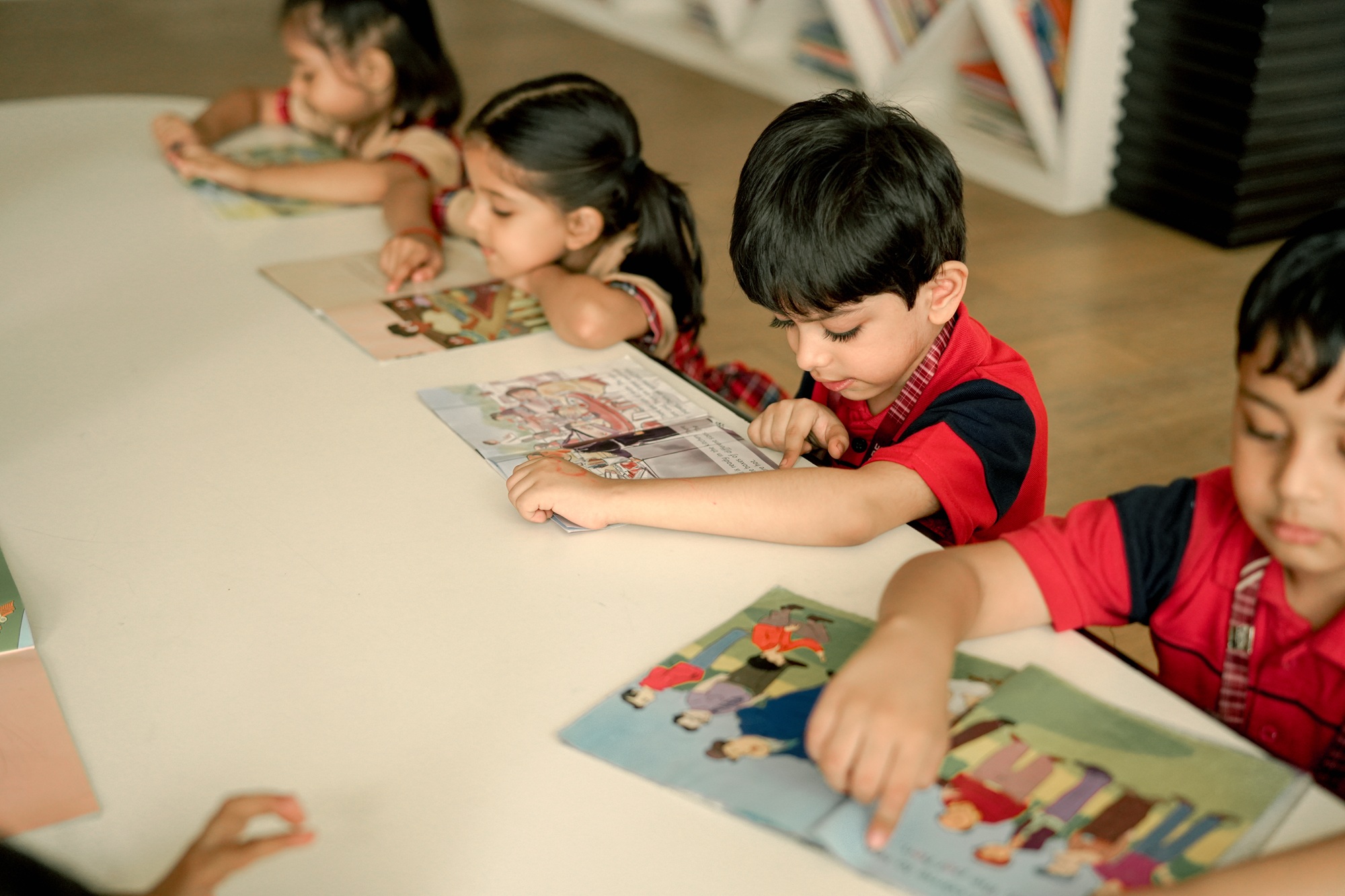
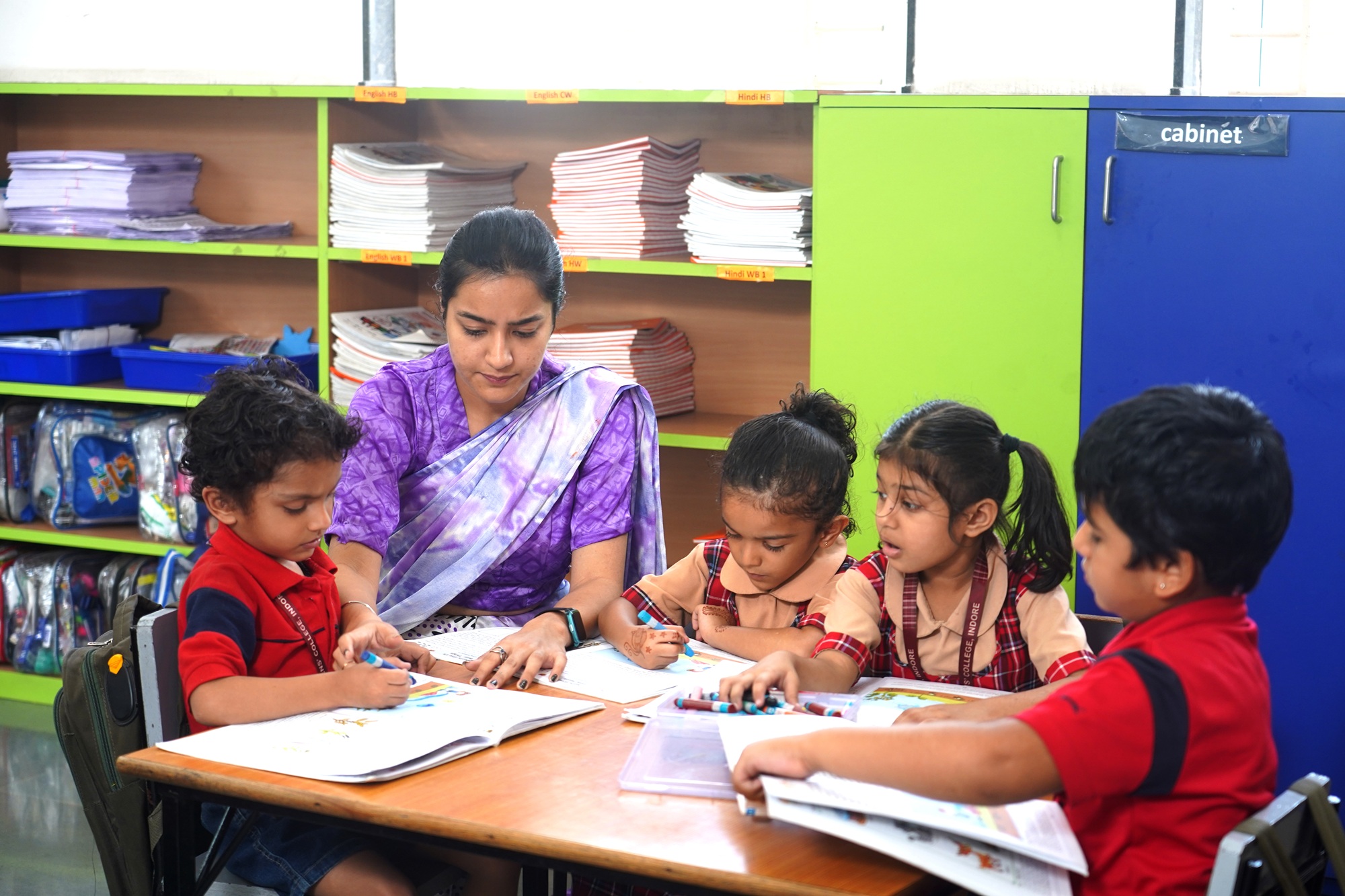
Vibrant Foundational Years (Nursery to Grade 2)
At Queens’ College, the Foundational Years (Nursery to Grade 2) are filled with joy, wonder, and meaningful learning. We offer a play-based, inquiry-led environment where every child is seen as capable, curious, and full of potential.
We believe that each day is a new adventure — whether it’s counting with leaves, painting with fingers, or listening to stories under a tree. Our classrooms encourage questions, spark creativity, and build early literacy, numeracy, and emotional strength through engaging worksheet activities, games, and hands-on exploration.
Language development, confidence-building, and emotional expression are at the core of our approach. Through special assemblies, we enhance voice modulation and theatrical skills, helping children become expressive, kind, and collaborative with early stage-exposure.
Our curriculum blends academics with performing arts, foundational sports, and celebrations to ensure all-round development. At Queens’ College, we are not just preparing children for school — we are nurturing joyful, confident learners ready to explore the world with open hearts and curious minds.
Our Tiny Tots embark on a foundational journey during their early years in Nursery, Lower Kindergarten, and Upper Kindergarten & Grade 1 & 2. We focus on creating a nurturing environment where experiential learning fosters core values, essential habits, and a basic understanding of their world. Our daily activities are designed to cater to various learning styles—Auditory, Visual, and Kinesthetic—through playful and engaging methods:
- Listening Skills: Activities such as storytelling, “Name the Noise,” and interactive treasure hunts develop attentive listening and comprehension.
- Speech Skills: We encourage expression through “Show & Tell,” imitation games, and singing to enhance verbal communication.
- Language Knowledge: Early literacy is supported with alphabet recognition, articulation exercises, and creative games like Pictionary.
- Self-Sufficiency: Daily routines include self-care practices such as having lunch independently, colouring, and personal hygiene to promote self-reliance.
- Social Skills: Structured activities focus on discipline, making friends, and sharing to build social awareness and cooperative behaviour.
- Motor Skills: Through dance, building with Lego, and drawing shapes, children develop fine and gross motor skills.
- Team Play: Engaging in drama, outdoor games, and puzzles encourages teamwork and collaborative problem-solving.
